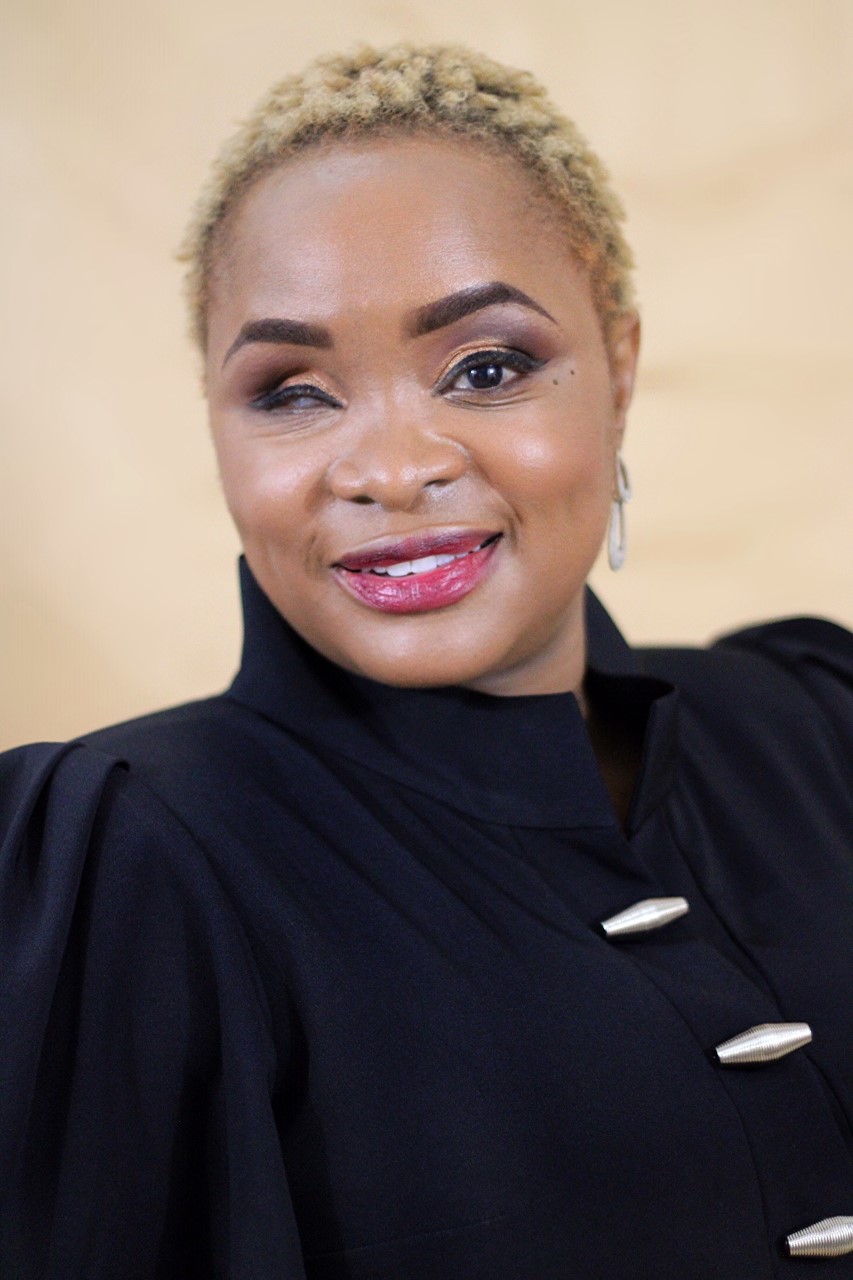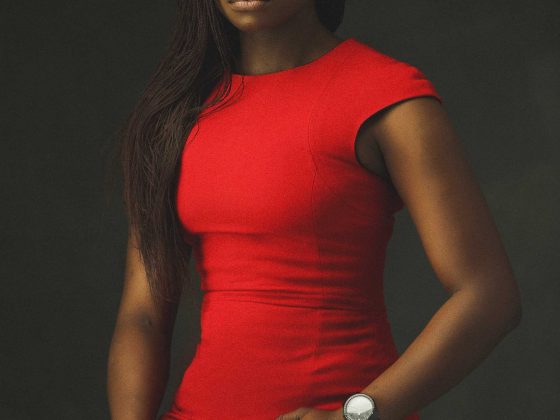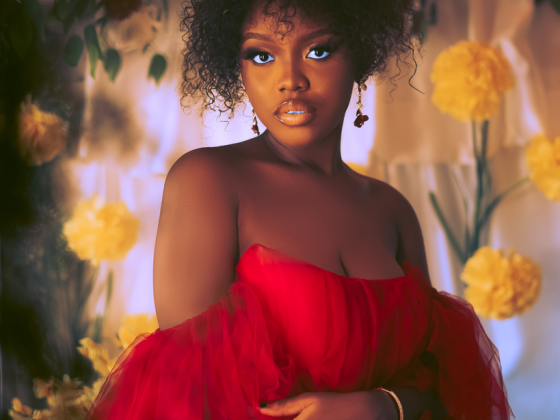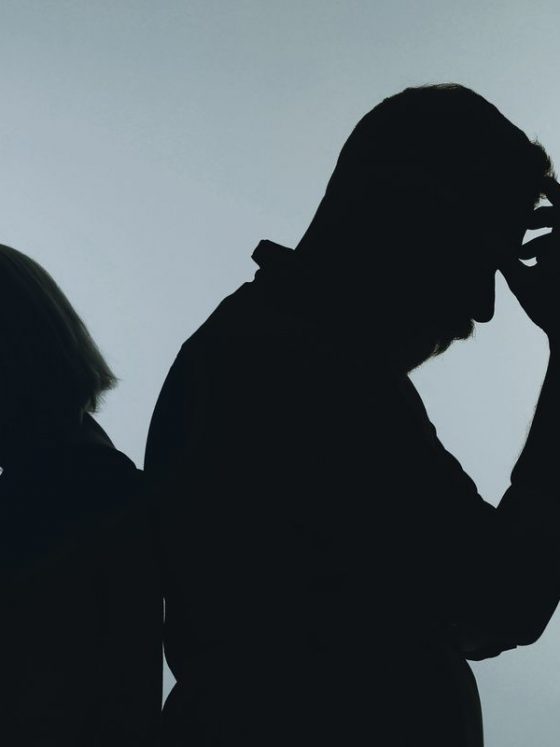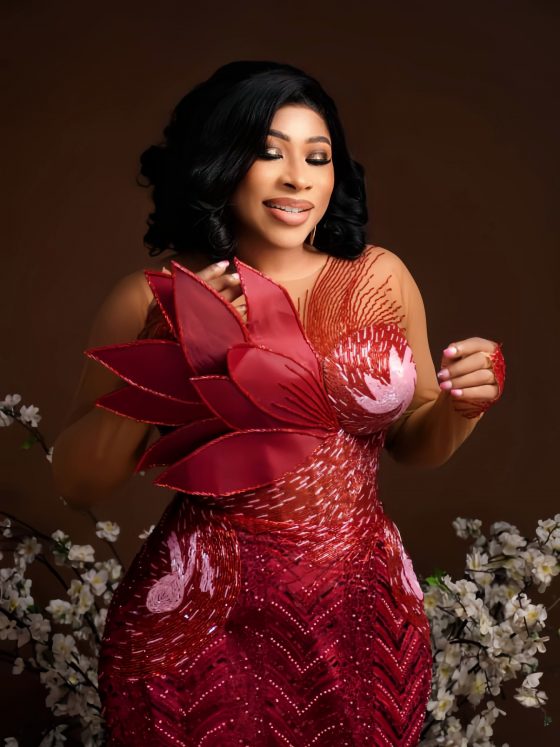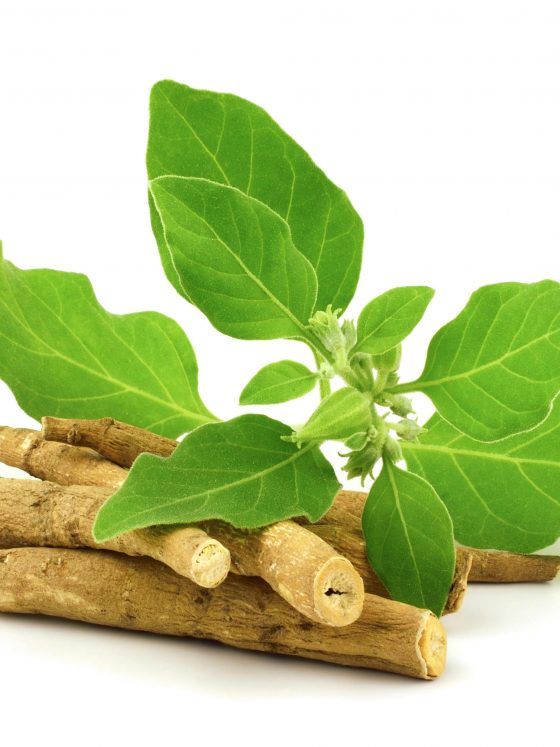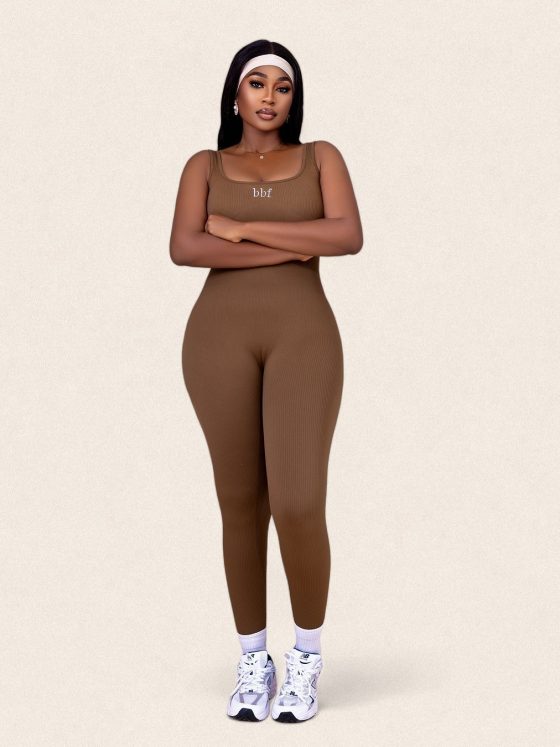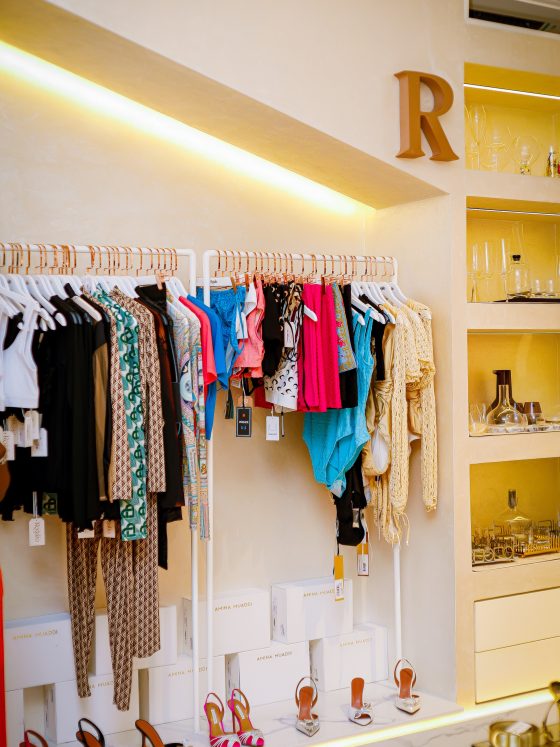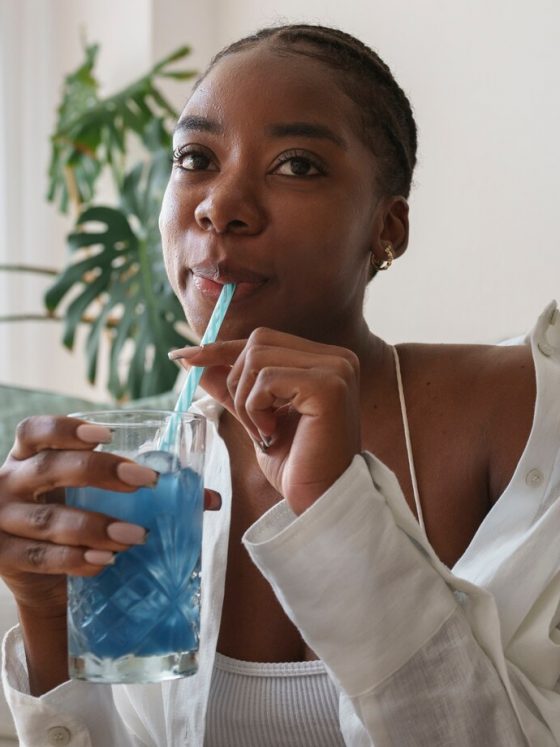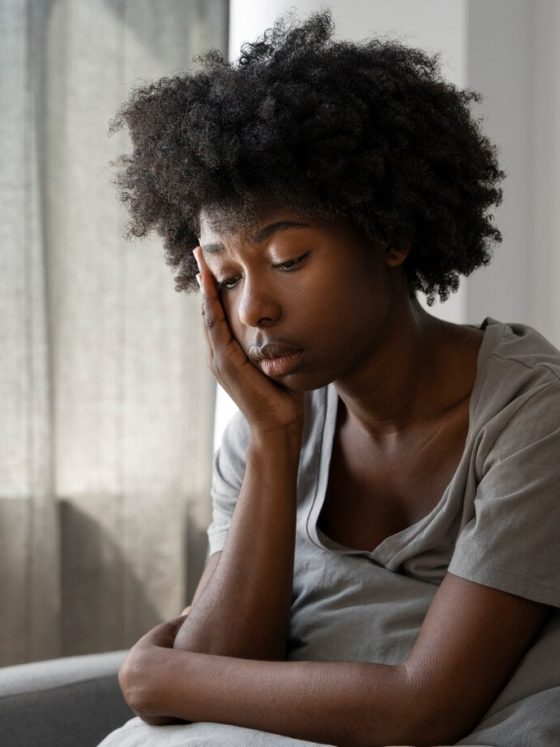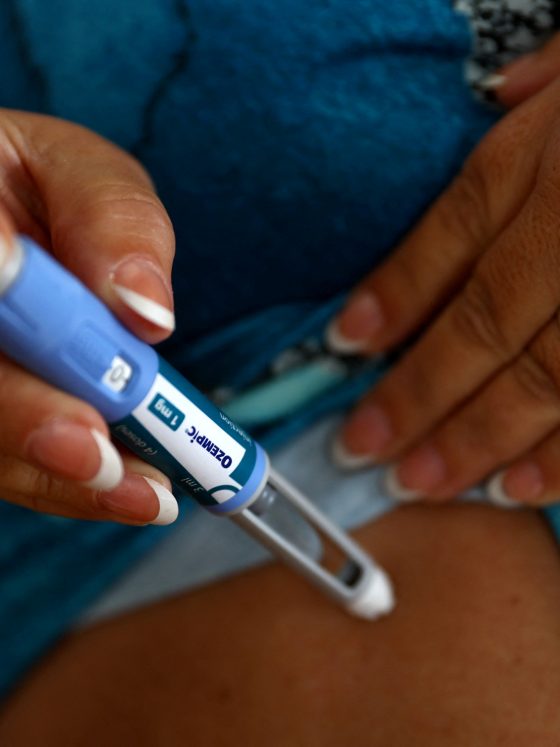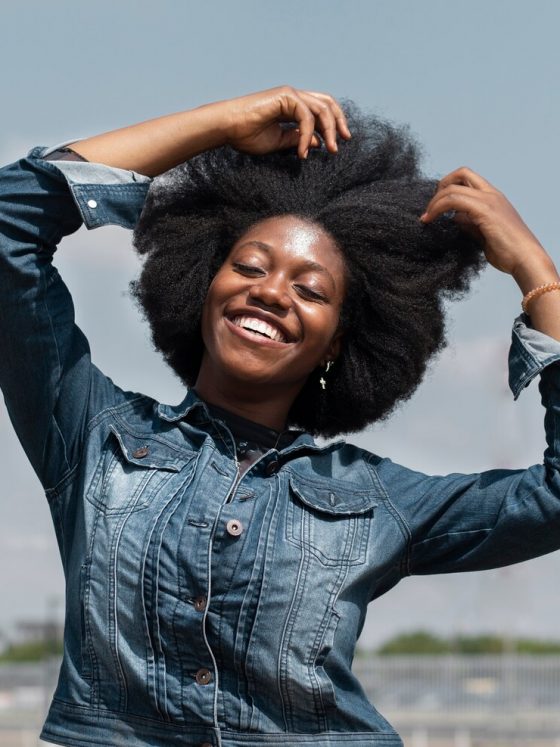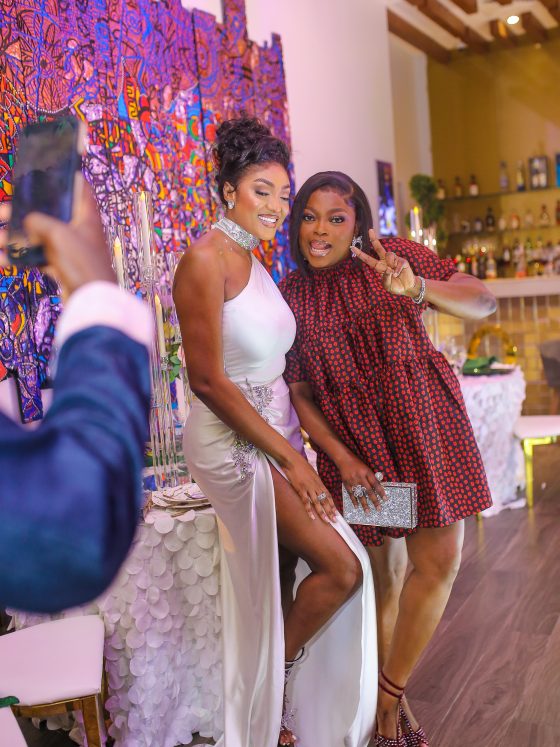A few years back, in October 2015, Josina Machel daughter of Graca Machel and Samora Machel, the former President of Mozambique and the step- daughter of the revered freedom fighter and global icon, Nelson Mandela had a brief altercation with her boyfriend. The dispute got violent and he landed three blows, two to her eyes and the other to the back of her head. One of those punches erupted Josina’s right cornea and exploded her retina, the same eye in which she had had a transplant 19 years earlier. The incident left her with a bleeding eye socket and the case was taken to court. Josina has since then, been hoping that the justice system in Mozambique will punish her aggressor and give a desired closure on this matter. In 2017 the Mozambican court granted her prayers, her ex was sentenced to three years which was u fortunately suspended allowing him to pay a fine instead. He neither served jail term nor paid the fine stipulated by the court. Instead, he appealed. On June 12 2020, the superior court of Appeals in Mozambique overturned the 2017 decision completely acquitting him. The court claimed that as there were no witnesses to the crime, it was unclear what the cause of her blinded right eye was. In this interview, we focus on a movement to support her quest to not only appeal this decision but also to launch a continental campaign in support of women like her who has suffered one form of gender-based violence or another. The objective is that while we maybe unclear how the court will rule, a continent-wide appeal will go a long way and draw attention to systems that not only put women in disadvantageous positions and pressures them into silence, this movement highlight the need control gender-based violence.
ISIOMA USIADE reports…
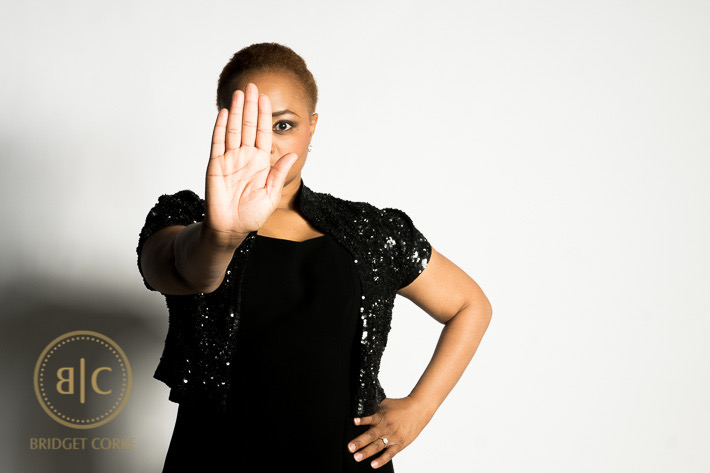
As a victim of domestic violence, can you tell us your experience and the damage caused as a result of it?
It was the 17th of October 2015, we had been with a couple of friends and at the end of the evening, as we were driving home, I told him I wanted to spend the night at my mum’s house as the next day was her 70th birthday celebration. However there seemed to have been some misunderstanding, I couldn’t tell what was in his mind, but as I was telling him to take me to my mum’s place, I started taking off my earrings and shoes as we were getting close to the house. But he started insulting me and calling me names because he didn’t believe I wanted to go spend some time with my mom. As we were talking, I felt a blow in the middle of my head! I was so shocked so I turned towards him and screamed “What!” and as I did that, I received the second blow that hit me straight in my right eye. While I was still gathering myself, I felt some liquid coming out of my eye. As I was trying to protect my face and asking him to stop, I got the third blow at the back of my head and at that point, something just said “Josina get out of the car” and that was how I was saved. I ran out with no shoes, no bags, just holding on to my eyes asking for help. Eventually, he followed me in his car, by this time I had fallen, he picked me up and drove me to the public hospital. That was when my l fully comprehended what other women go through with domestic violence. While at the hospital, I didn’t have much assistance for about four hours, my eye was bleeding out and I thought I wasn’t going to see again. I kept pleading for help. It wasn’t until my family finally heard from someone who recognized me that I was finally taken to a specialist eye clinic.
You jumped out of the car while it was still moving?
No, he had stopped the car and started beating me up immediately so between stopping the car and beating me up, it was not much time.
How long were you together as a couple and looking back from experience, what are the red flags to look out for in a such a violent man?
We had been together maybe like three years and I have to say there were never any signs that he could beat me. We had had arguments in the past but it never resulted in physical abuse. I know technically, the red flags was his wanting to be in control, he always wanted to know where I am, who I am with, not wanting me to socialise with some people. Otherwise, apart from that, I did not have any blatant sign which is why at the time of the attack, instead of protecting myself, I actually exposed myself to it because it was surprising to me. Looking back, the aforementioned traits are definitely a number of red flags and I speak to women about it but I only went through one which is the controlling aspect.
In spite of your status, Samora Machel, the first independent President of Mozambique was your father, Graça Machel, a humanitarian and politician, your mother and Nelson Mandela, South Africa’s first black President, your step-father. With such a strong intimidating political pedigree, one would have presumed yours will be an open and shut case. But like most African women, you became a victim of an unfair judicial system that has allowed the abuser still walk a free man till date when his guilty verdict was upturned by a higher court! Does this not painfully reflect how African women are still viewed as second class citizens by their men especially when it comes to domestic violence?
Absolutely, I think the shocking aspect about this incident is that no matter the background you come from or how educative you are, you can still be a victim of domestic violence. I am a Masters graduate from United State School of Economics, with a well-known background yet l was a victim of gender based domestic violence. You can be white, black, educated, from the poorest of backgrounds; gender-based violence does not discriminate. The fact that you are a woman in this world immediately puts you at the position where you can be victimized, abused or killed and our society does not respond with the same kind of concern and urgency to cases of such violence. The judiciary for example in Mozambique, proved completely contradictory in the way they dealt with my case because it was declared that my abuser was guilty at first then in the second instance, he was declared innocent, simply on the basis that there were no witnesses like there scenarios where men inform their friends or family about beating up their wives or girlfriends and tell them to come watch! In spite of all the evidence, I have the physical evidence on my face because I am half blind now, I have the injury sustained on my body and SMS which he initially confessed to have committed – still – the Tribunal has decided that he is not guilty and that is where I got the strength to appeal. How many women actually have the courage to speak up, to take the cases to court if they know that things that happened within closed doors is an impediment for them to get justice? That defiance was my encouragement, the reason I got to the Supreme Court.
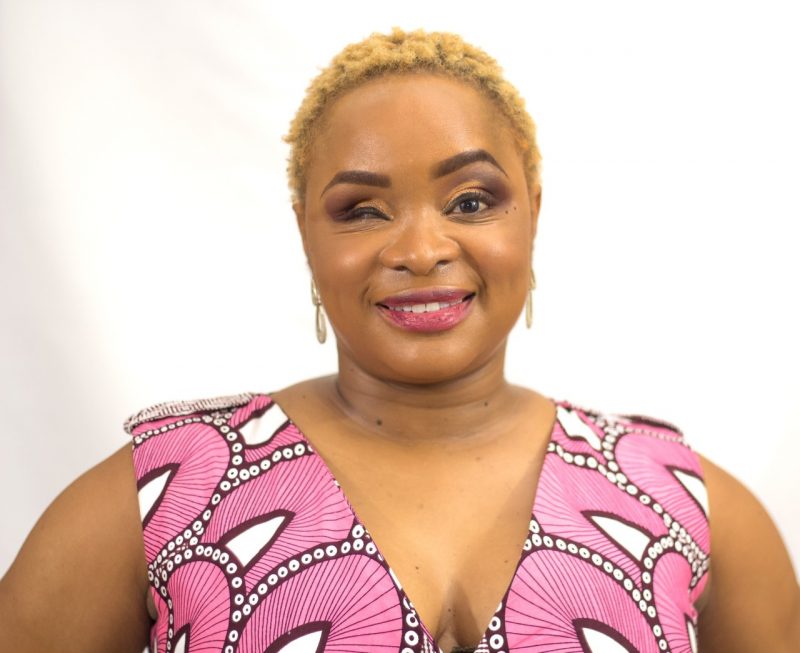
The Supreme Court also has female judges. How come their voices are not being shouted from the rooftop about this injustice meted out at you as a woman?
The effect of patriarchal justice is very strong in our society. It is so unfortunate there haven’t been strong voices among women, the moment we begin to realize that damage done to one is damage done to many. Those in the political or the legal field fear that coming out to criticize these sentences very openly could bring harm to them or their job. Mozambique is in silence; the issue is shredded with silence basically. I hope that the Supreme Court finally gives a sentence that is not just for me but most important, a signal to other women. To let them know that they stand for the right of women, they protect the rights of women and they do not tolerate domestic violence which is already criminalized in our law.
How has this incident affected your family?
The fabric of family never becomes the same after incidents like this, I have two brothers, my uncles, my two kids, nephews and nieces and it has taken long for them just to look at me every day and not have to connect this to that abuse or to be able to look at me and smile without thinking about it. My brothers, uncles and cousins were furious and wanted to take justice into their own hands but my mother was strongly against it saying that Mozambique is against domestic violence of rights, women have rights, it has legislation and policies and so we must trust the authorities to do the right thing about women been abused. The fact that it hasn’t happened unfortunately created a bit of mistrust but we still have a few good people in the system and we are hoping deserving justice will be carried out one day.
What was the initial sentence meted at your ex before his guilty verdict was upturned?
The first sentence was three years and four months in jail and he was also asked to pay a financial compensation. And if the financial compensation is paid, his time in jail will be lessened. He appealed immediately so neither the jail sentence nor the financial compensation was ever paid. That was in February 2017, and a few years later, we get a response from the higher court that says he is not guilty. Now I have appealed and elevated to the Supreme court and that is where we are right now.
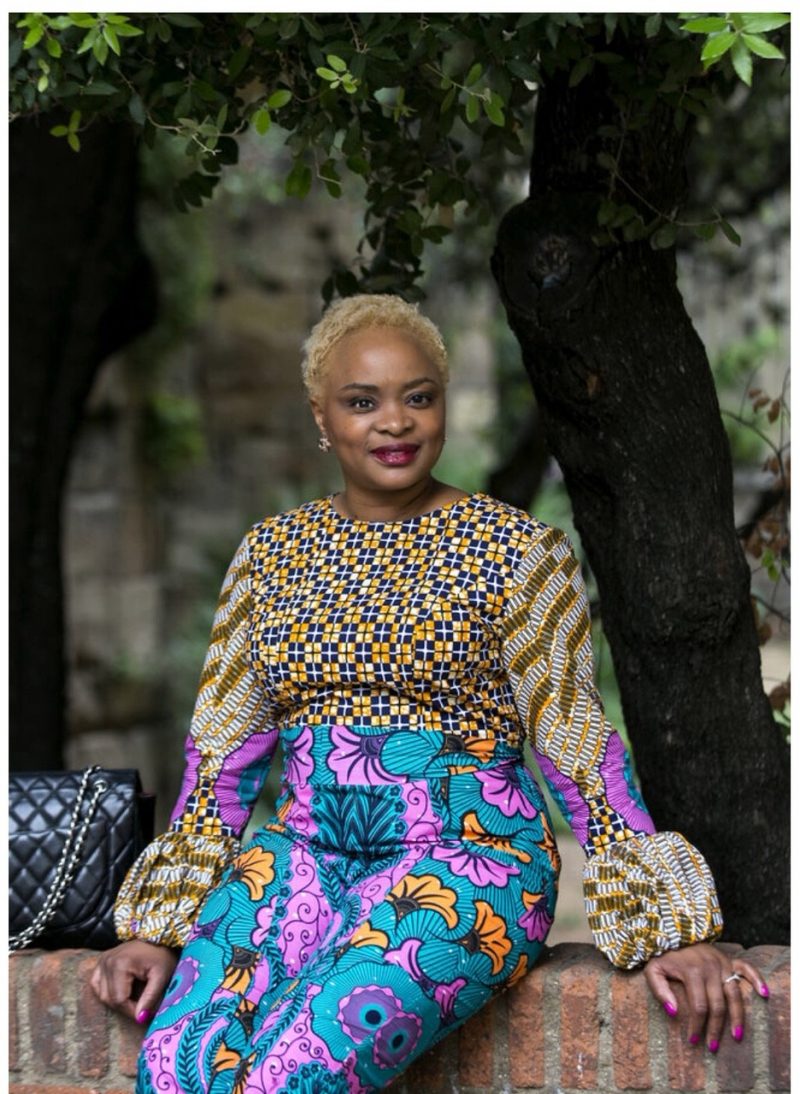
This whole ordeal inspired you to start Kuhluka movement. Please tell us about it and the response you have received so far from this movement?
Haven been in the hospital for all those hours without been attended to, subsequently when I returned there weeks later to go get my documentation, my files in the hospital had disappeared, my files in the police department had also disappeared! I went back and forth for weeks until I finally got a document I could use to start a legal process. That experience made me think that if I, could be exposed to that horror despite my background, what then will happen to women that don’t have strong background and financial support? I had someone driving me around to get my documents from the hospital and police stations. So, for someone who will have to use the public transport; how many times can the person afford to do that, and if she is working, how many times would she be allowed to go the police to report and get the documents. I decided I needed to create a movement that increases awareness on domestic gender violence and also lecture those who think that because they do not have bruises and scares like some of us, falsely assume they are healed and life goes on. It is about educating people to recognize that the trauma is permanent, creating infrastructures that assist survivors and victims to make their journeys easier. That is how and why the Kuhlukah movement was created. Some of our major developments is as a tesult of my own experience. I was in the hospital I didn’t have shoes, my clothes were full of blood. I had nothing and l imagine the ordeal of a woman who has been raped and left to wait hours in hospital without being attended to in that state. What we have done in our movement is create ‘dignity’ packs which are emergency packs specifically for victims of violence. So that when they go and report at the medical centre, they receive these packs, which include information of what they can do quickly, who they can access and also underwear for them to wear. We also include soap, everything about as a victim that is needed at the time. We partner with Quaso and provide the financial needs. The kits are free.
Then we have the Kuhlukah support group which consists of women who have been abused. We exchange experiences, get advice on how to manage trauma and cope with the day to day life that can sometimes, become so suffocating. Only someone who has gone through such experiences can relate in its totality with us and we are growing in South Africa and Mozambique. Hopefully, Entrepreneurs and philanthropists in Nigeria could liaise with us so we can also make this kind of services available in Nigeria.
Gender based violence reduces self-esteem and make the victims feel worthless after a while. How do women in these circumstances learn to build back their self-esteem? How do you grow from victim to survivor?
It was a grooming journey, I read a lot about it I went back to the knowledge I had acquired when I was working in the field of gender issues, HIV and so on.
What sustained me was the belief that I had been wronged and never believed that I deserved what was done to me. Unfortunately, there are women that take the blames for their abuse and that makes it even harder.
I knew that I would come whole one day and the name Kuhlukah movement came mainly from recognizing that fact. At some point, I felt wasted but I knew I was going to be rejuvenated so I watched lots of movies about things related to this. I read a lot, I prayed, I did yoga, I danced, I started burning in the power of the universe and connecting spiritually to anything that made sense. So, if a woman asks “Josina, what should I do?” I will say anything that makes sense. Just do you and of course be able to ask for help.
Have you built relationships with other women who share the same experience as you and how have they learnt their voices to your movement?
Absolutely yes that’s what I do on a daily basis.
I work for the Kuhlukah movement and a big part of it is actually my story and the stories of other women who have been abused. The movement is there to console them, inspire them and let them know that there is a beautiful life after abuse.
The journey to healing is one that one should not be done alone. People like me are here and that is why I believe I went through this experience exactly – to open myself to hear, console, allow others to share their stories, to help them through the journey so that we do the its together.

How long was the healing process for you personally to get to the place that you are in today?
It took probably three years before it started getting better. I can’t say that I am completely healed; I still have triggers for example if l am inside a speeding car, it gets to a point where I feel out of control. Also, when I am speaking to someone and he raise his voice, I get jolted. So I can’t completely say that the journey had finished.
I don’t really think the journey of a survivor of a domestic violence actually does end, it evolves and we adapt better. Every time I hear the stories of women who didn’t make it out from abuse, that lose their lives the moment they sought help and solution, it sets me back and I find myself going through emotions. I always prefer to say that I am a survivor in the process of recovery because I don’t think the recovery actually ends.
Did you at any point seek a Phycologist/Psychiatrist apart from medical help during your healing moment?
I did see my Phycologist and my Psychiatrist and I still have them in my life because life can be a roller coaster and sometimes issues may arise. My kids are teenagers, sometimes I tend to project a bit of my fears on my daughter who is 17. When those feelings start disrupting my family affairs, I rely strongly on my Phycologist and my Psychiarist. You should not be ashamed to seek professional assistance because gender-based violence leaves real scars in the body, is heartbreaking and leads to depression and many other illnesses that women are unaware of. So it is important to be able to debrief with a number of practitioners.
With your experience, have you given love another chance and if so, what did it take for that to happen?
Yes, it took a very long time, I met someone very special that helped me trust again. I was still healing at the time and in the process of recovery so it didn’t really work so well at first. But I gave love a chance again. It is a process; I am a victim of violence and there are triggers so I need to be very clear with the person what my boundaries are because I don’t want to get to the point where trust is broken and then start leading to issues. I don’t deal well with over controlling people. Also, from my day-to-day activities, there are some reservations, issues and I still learning to be fine, whole and complete again. So it necessary for whoever is in my life to be absolutely understanding through the journey and accept who I am right now.
Are there instances where you might over react in the relationship because of your experiences and how has your partner been able to cope with such reactions?
Absolutely there are moments when the fear, triggers and emotions sometimes take over my mind as a consequence. You don’t rationalise responses and tend to overreact to things that in different context you would not. But a few minutes later, I realize this is the Josina that was hurt, this is not who l am. There is always that dynamic but I am privileged to have someone who is matured enough to also understand where I am coming from and is able to say “Hold on, step back and let’s redefine this again”. Dating after abuse is definitely a whole new journey and experience but it is worthwhile because you get to learn and know yourself even better than you thought you did.
For women who are still stuck in violently abusive relationships and don’t have the confidence to leave, what are the key things required to give them the confidence to take that step?
First thing they need to know is that violence is not love, if you are in a violent relationship, you are in a loveless relationship. It is not about power and it is not about control. Secondly, they need to know that violence should never be tolerated and that their lives is worth a whole lot more than whatever benefits they get. There are stories of millions of women who lost their lives because they thought their partner would change but never did. Before you become part of that statistic, you better organize yourself to leave. It might not be ideal to for you partner or family but make sure you’ve got friends and other supporters that can help you exit. There are also a number of things that needs to be taken into consideration, like the children‘s wellbeing. How are you are going to sustain yourself normally in the circle of violence. There have been many women who have had the courage to leave but because they were not financially and emotionally ready, they went back and the abuse got even worse. One thing I have learnt is that we have the tendency of saying making excuses for the abuser “He’s a good father. My children will miss him.” But what gender-based violence and abuse does on our children is difficult to calculate. It’s immense There’s the likelihood that your children are already scars of gender-based violence, and the possibility that they might become either abusers or be abused in their lives is huge. So you are not protecting your children by allowing them to see the abuse that you lived through. The best thing you can do is move on, start a new life and live without fear because living with that fear is not worth it.
Are they any shelter homes in Mozambique for women who don’t have anywhere else to go until they can get back on their feet?
At time I was abused, there was only one but now they have several. When the women leave their shelters, Kuhluka movement has also created a place to go to heal and plan ways to become independent and reduce the dependency on their partners. In South Africa, there are also quite a number of shelters although some need a bit of improvement. I don’t know what the circumstances are in Nigeria but if it is allowed, we will be willing to share our experience, what we have seen, partnerships that we have around the world, and the organization that provides such safe treatment for women who decide to move out of abusive relationships.
How are these women protected from husbands reluctant to let go? How does the law protect them?
The law should have protection, in South Africa there are protection orders unfortunately it needs to be uptight. In 2019 there was an incident, a woman called Nomsa had a protection order against her husband. But he decided to go to the taxi park and shoot her. She died. There are men who do not respect the protection order but it is the only way the government legal system protects women. These men do not respect the laws because they know the punishment that exist is not enforced enough. So, many men still get away with these kinds of behaviour. They challenge the protection orders and mechanisms that have been put in place. One of the things that we don’t really talk about in abuse is that there are women in our families who allow and perpetuate abuse against other women, our mother in-laws, our aunties etc so if we have legislation in place, we will work adequately. If we have societal control and respect for other lives and solidarity amongst us, then the idea of gender-based violence will be adequately done with. We can’t just expect the government to have all the answers. We, as a society, can’t simply cross our arms and expect everything to be done for us. We need to monitor, we need to protect and ensure that our women are safe. It doesn’t matter if she is your daughter or your daughter in-law, sister or sister in-law, she is a woman, in the same way you allow abuse to happen to her, abuse can also come to you and to your children.
Is your organization working in collaboration with the police and the government to ensure that these steps are taken to protect women from gender violence?
Yes, in South Africa women who report violence to police get the dignity packs before they are referred to us indirectly or directly. In Mozambique, we have started the process and it is growing. In most stations, there are offices/sectors called Kuhluka Menas Rebirth, specialized to receive women in abuse, so we have relationships with the police and work with them quite closely. Most victims have complained that many times, they experience the second victimization from the police because when they report their husbands, the first question they ask is “What did you do? Go back to your husband!” So, we have been requesting for police centers to have a special advice unit that receives abused women and attend to them in an appropriate way. It is through this unit the dignity packs are given. This makes the women feel safer because there is empathy and understanding.
What are the contact details of your website/movement for those who want to visit and give support of any form?
We are on Facebook but we also have a website is www.kuhlukamovement.org. It means rebirth, in South Africa, we were having difficulties receiving funds but now with the website, we can get support and all the other information is also on the website.

